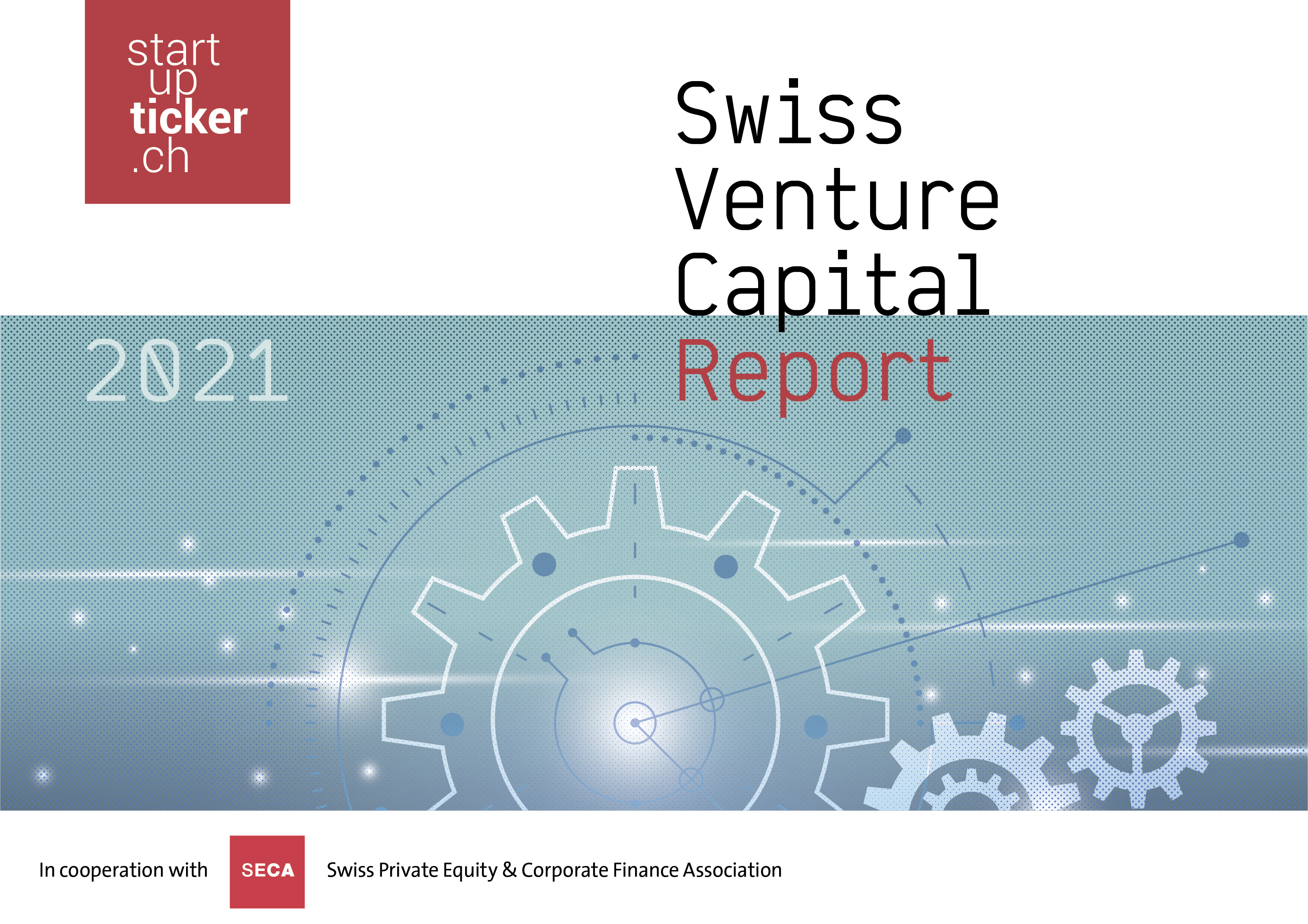
As 2024 marks the tenth year in which the State of Europe Tech Report was released, the authors seize this opportunity not only to evaluate the highs and lows of the past year for the European Tech sector but also to examine the broader picture of the European startup ecosystem. The authors outline how Europe has developed into a start-up powerhouse over the last ten years and show what it will take to exploit its great potential even better.
Over the last decade, from 2015 to 2024, invested capital increased tenfold compared to the antecedent decade (2005–2014). It is estimated that total investments for 2024 (without biotech) will reach $45 billion, matching the total amount invested in the entire antecedent decade. Even though 2024 saw a 5% decline in invested capital, the compound annual growth rate over the last decade amounts to 13%, higher than anywhere else in the world. These are positive signals following the turbulent years and the decline in investments after the peak in 2021. While last year’s report raised fears of a weakening startup-ecosystem, this year’s data shows that 2021 and 2022 were clear outliers from a long-term perspective and that investments have now found a new equilibrium along the long-term growth trajectory.
Within Europe, Switzerland is among the most dynamic players although the report excludes biotech investments. Invested capital for the period 2015 until 2024 amounted to 16.2 billion US-Dollar. This is a twelvefold increase to the previous decade where the invested capital only amounted to 1.3 billion US-Dollar. With this amount and despite being one of the smallest countries in Europe, Switzerland lands on the sixth place in the European ranking. The first three places are taken by the main European Economies, the UK, Germany and France. On the fifth, respective sixth place lie Sweden with 29.4 billion US-Dollar and the Netherlands with 18.4 billion US-Dollars.

(Source: State of European Tech 2024)
Talents on the rise
A glance at the employee numbers reveals that the European startup ecosystem has been successful in creating sustainable employment and demonstrating high resilience. The pool of employees has increased sevenfold over the last decade. While in 2015 half a million people worked in the startup-tech industry, in 2024 this was 3.5 million. This puts the European growth on par with the US’s growth in respect to employe numbers.
Within Europe, the Nordic countries lead the ranking of tech employees per million inhabitants. In 2024, Finland landed on the first place with 15’000 employees per million inhabitants. On the second and third place are Estonia with 10’800, and Sweden with 10’300. Switzerland on the fourth place is close behind with 10’200 employees per million inhabitants.
Lagging behind in deep-tech investments
In the deep tech sector, Europe has been trailing behind its competitors. In the USA, invested capital in deep tech companies has been steadily increasing since 2017, reaching a level of 50 billion US-Dollar in 2024. In contrast, Europe’s trend is more aligned with Asia where invested capital saw significant growth in 2021 but gradually declined afterwards. It was only in 2024 that Europe surpassed Asia, with invested capital in deep tech reaching $14 billion. In 2024, around one third of the total capital invested in Europe was channelled into deep tech start-ups.
In the report deep tech is defined as any technology that is based on tangible engineering innovation or scientific advances and discoveries applied for the first time as a product, often aiming to solve society’s biggest issues. Biotech is excluded.
Growth funding gap
Another challenge emerged in Europe. One key issue is the difficulty startups face in raising growth-stage capital. The authors estimate a growth funding gap of up to $375 billion, leaving the European startup ecosystem heavily reliant on US investors. While this reliance is not inherently negative, it is concerning in light of the recent election of the next US president, who advocates for protectionist policies.
Investment from pension funds and major insurers provides the beginnings of the solution. Today, European pension funds, managing $9 trillion of assets, currently invest just 0.01% of capital into european venture. In the DACH region, the share is even lower.

(Source: State of European Tech 2024)
Across the continent movements are being made to address the issue from the UK’s Mansion House reforms to the French Tibi initiative. Doing so could result in billions more capital available to Europe’s scale ups. This could be the difference between the best and brightest companies scaling from Europe and being forced to relocate to Silicon Valley.


 The new Swiss Venture Capital Report was published on 26 January. It analyses 304 financing rounds closed in 2020 and includes further article such as an interview with Michael Hengartner, President of the ETH Board, and a list of Swiss "soonicorns".
The new Swiss Venture Capital Report was published on 26 January. It analyses 304 financing rounds closed in 2020 and includes further article such as an interview with Michael Hengartner, President of the ETH Board, and a list of Swiss "soonicorns". 




















































Please login or sign up to comment.
Commenting guidelines